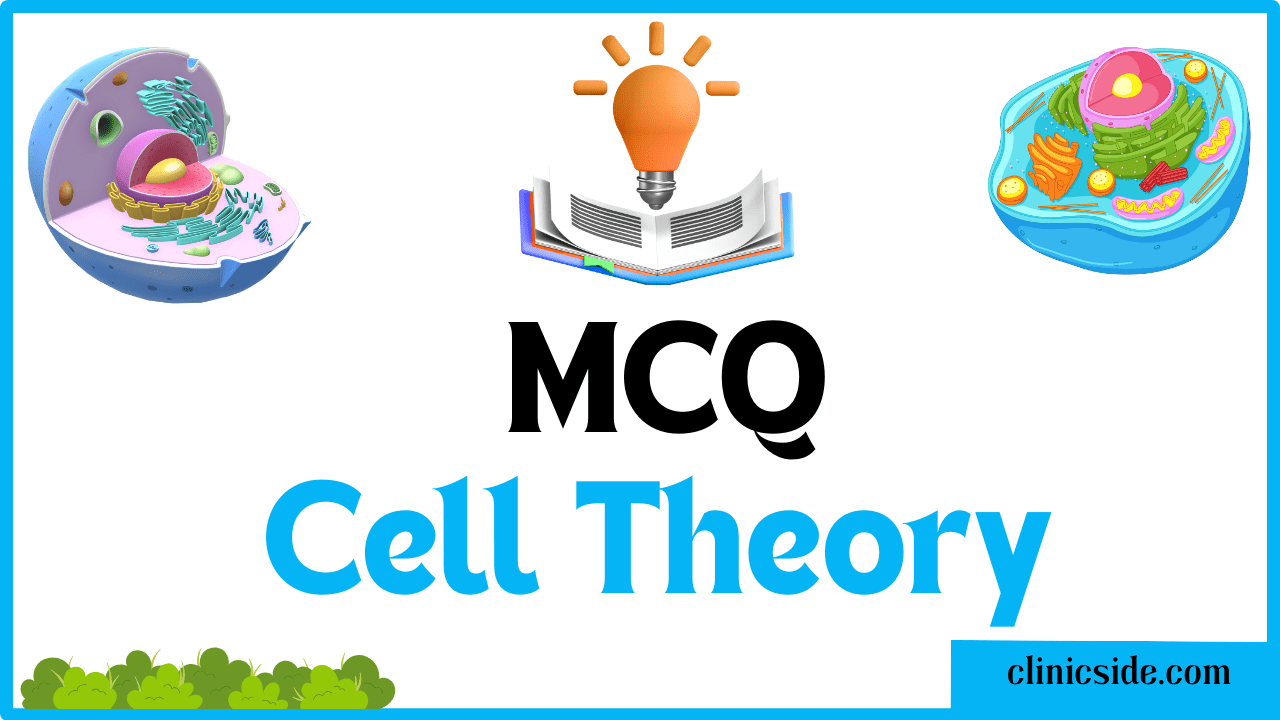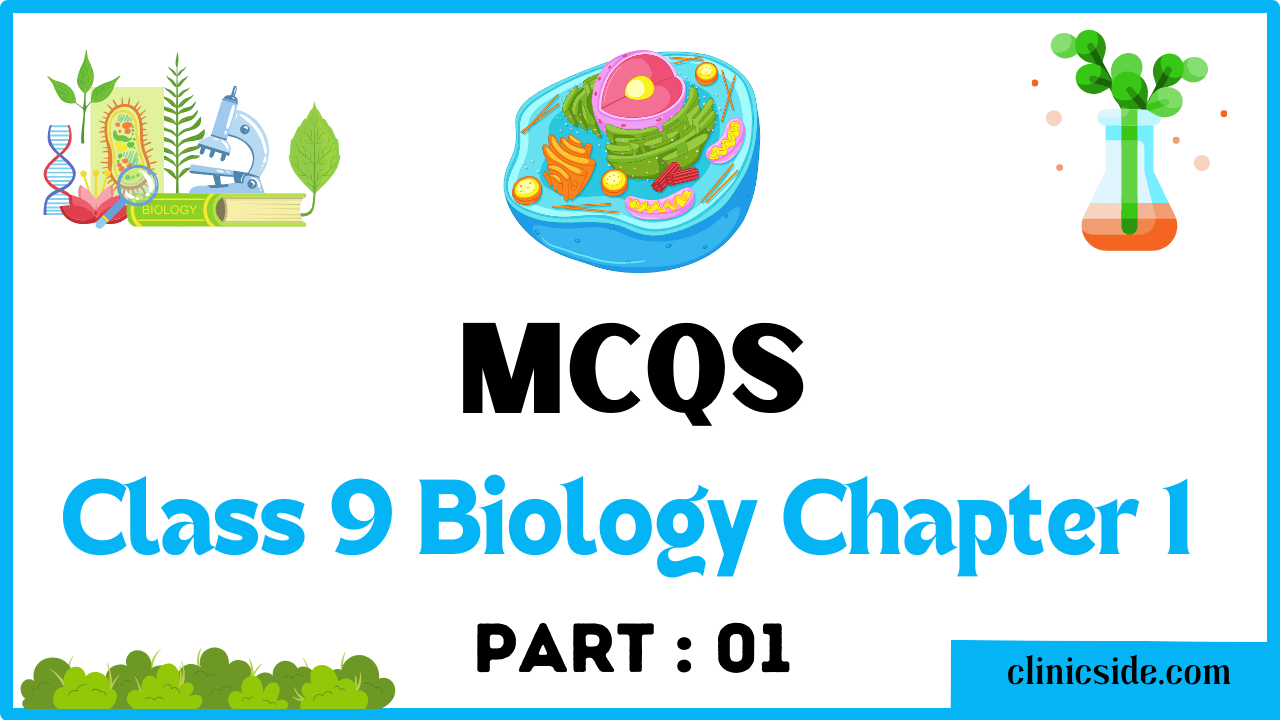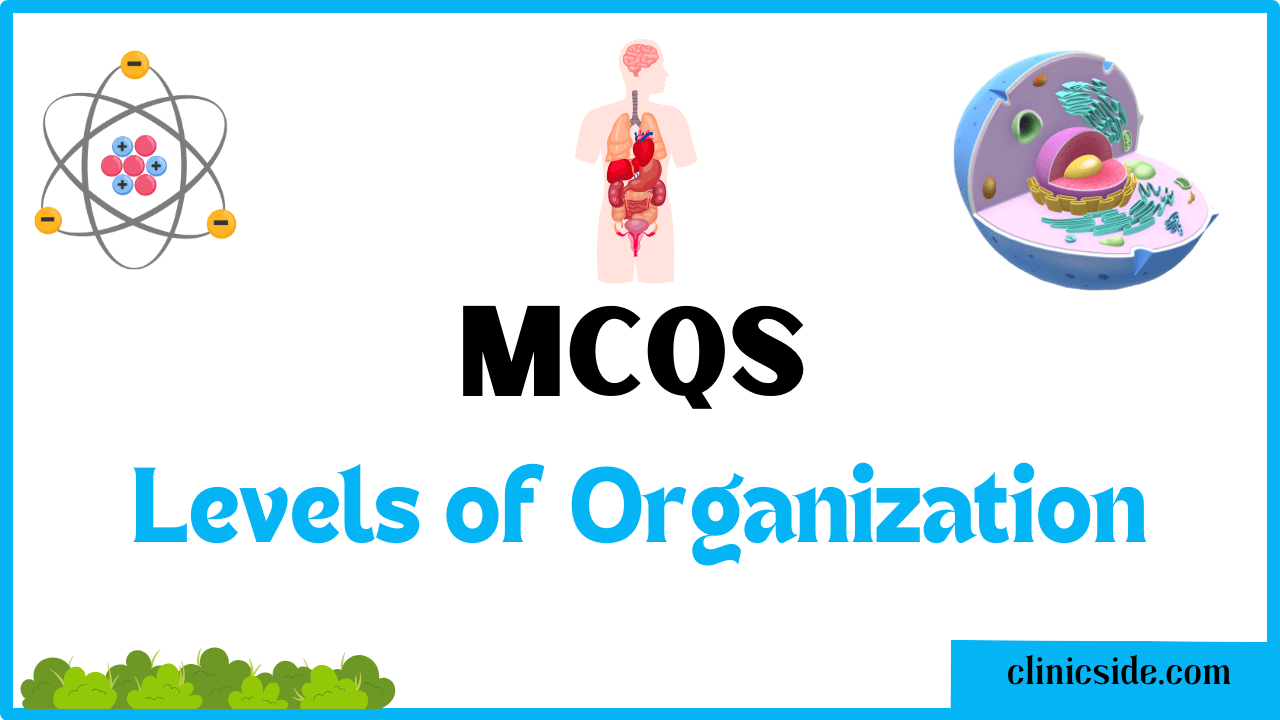Cell Theory
Cell Theory: Evolution and Principles
The historical development of cell theory in biological sciences unfolded across various cultures, with ancient Greeks initiating comprehensive efforts to systematize natural world data. Aristotle’s noteworthy contribution lay in recognizing the interconnectedness of knowledge regarding animals and plants.

In 1665, Robert Hooke observed a thin Cork slice through his microscope, revealing tiny empty spaces enclosed by walls. Termed “cells” due to their resemblance to small rooms, Hooke’s observation was limited to the thick cell wall.
Later, in 1831, Robert Brown identified the nucleus in plant cells, and Schleiden, a botanist in 1838, concluded that all plants are comprised of cells. The zoologist Schwann (1839) extended this idea to animals.
In 1855, Virchow proposed the concept that living cells originate from preexisting cells, encapsulating it with the phrase “Omniscellula e cellula” (all cells arise from cells). Louis Pasteur’s 1862 experiments experimentally validated this notion, demonstrating that bacteria could only originate from preexisting bacteria.
MODERN CELL THEORY
This wealth of information coalesced into the foundational concept of cell theory in biology. The modern iteration of cell theory posits that:
- All living organisms consist of cells.
- Cells function as both structural and functional units within organisms.
- New cells emerge through the division of preexisting cells.
Go Check out and Learn: Multiple Choice Questions of Cardiovascular System





